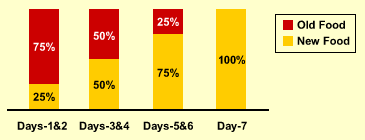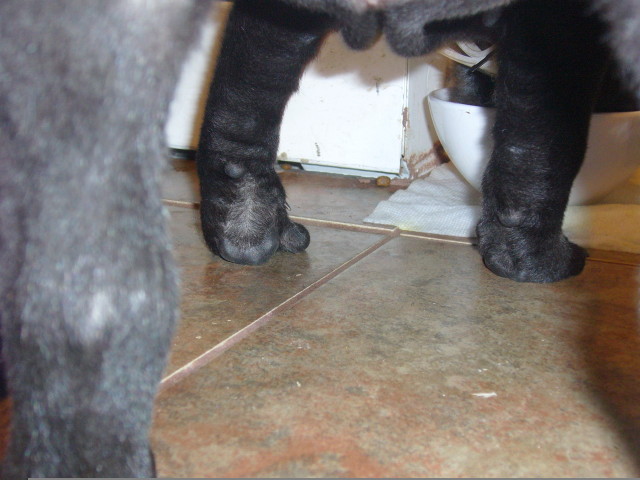QuestionHello Dr!
I took my 11 yr old dog Skipper to the vet for a persistant cough (1 1/2 weeks) He sent us home with Baytril and Furosemide. She has been drinking a lot of water lately and begging for more food. So, 2 days later I went back and had some blood work done to rule out things that might be going on as she is getting older. The alkaline phospharase came back at 1405 and the high should be 131. Her bun/creatinine= 29, sodium=156, total protein=7.6 and albumin=4.6. Everything else checked out normal. He was not concerned with anything but the Alkaline Phosphatase and suggested testing for Cushing Disease. She does not have hair loss, muscle loss, bulging saging belly, thin skin, She pants, but being a Skipperkee I can't remember a time she didn't do that when she gets excited. I am reading on the internet but the more I read the more confusing it seems. I changed her diet a few months back and went to Science Diet because it had more fiber then Pro Plan I was using before. I am wondering could her diet elevate to these levels? Could the meds he gave her elevate it? Would you suggest to have the Cushings test done to rule this out even tho she doesn't have the majority of symptoms? The only med she is on is Cosequin DS (1/2 tablet a day),I put her on that because she is slow to get up and lame after a walk --to help with her quality of life, heartguard(1 chew a month), and Zodiac flea and tick (1 month) She still has the cough and it is more like a 'rasping' cough trying to get her breath.
I am so that I am so long-winded. I care very much for my dog and want the best for her. Any suggestions are most appreciated!
Thank you so very much for your time,
Karen
AnswerKaren,
Yes, I would have her tested for Cushings. Older dogs with an elevated ALKP and signs of increased thirst and appetite are very often Cushingoid. The Cushings could be contributing to the cough, as the heart is a muscle too and could becoming weaker with the disease as well as make them more prone to infection. The other symptoms develop over time with chronic exposure to cortisone. The diet is not likely to have impacted her liver value to that degree. Certainly severe arthritis, bad skin disease and dental disease can shift up the ALKP as well, but again not into the thousands. The Baytril is an antibiotic and if anything should lower the ALKP if there is infection in the liver and the furosemide is a diuretic and should not affect the ALKP. I would also recommend a chest x-ray to evaluate her heart and lungs as the cough should have improved with the medication.
Good luck,
Dr. Fry

 My cat is acting wierd
QuestionQUESTION: Hi my cat is acting weird, i know tha
My cat is acting wierd
QuestionQUESTION: Hi my cat is acting weird, i know tha
 Two Front Legs Hurting on a Shar Pei
QuestionQUESTION: My two month old puppy (shar pei) beg
Two Front Legs Hurting on a Shar Pei
QuestionQUESTION: My two month old puppy (shar pei) beg
 Whats wrong with my cats eye!?
Question
Cats left eye.
Okay, So I get home from school
Whats wrong with my cats eye!?
Question
Cats left eye.
Okay, So I get home from school
 Female Tortie cat 7 years old
Question
Sadie
My cat sadie gets a re-occuring sore in
Female Tortie cat 7 years old
Question
Sadie
My cat sadie gets a re-occuring sore in
 Dog isnt eating.
Question
Jack
I have a 21 month old Chihuahua-terrier/b
Dog isnt eating.
Question
Jack
I have a 21 month old Chihuahua-terrier/b